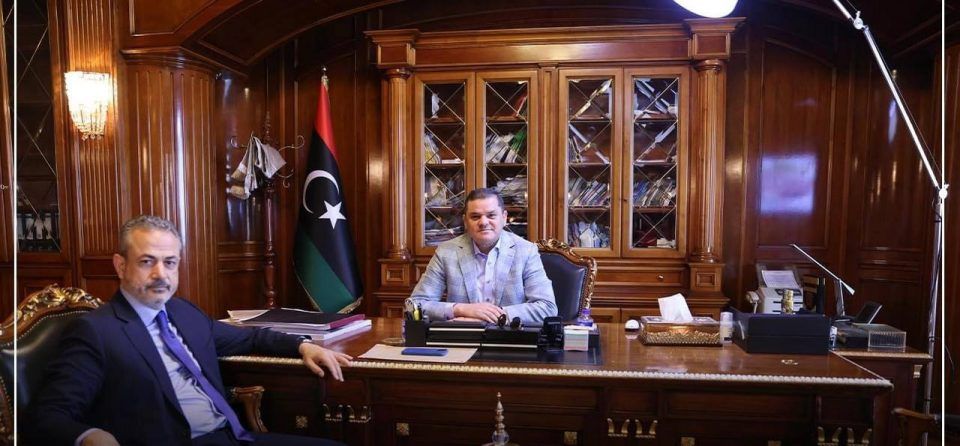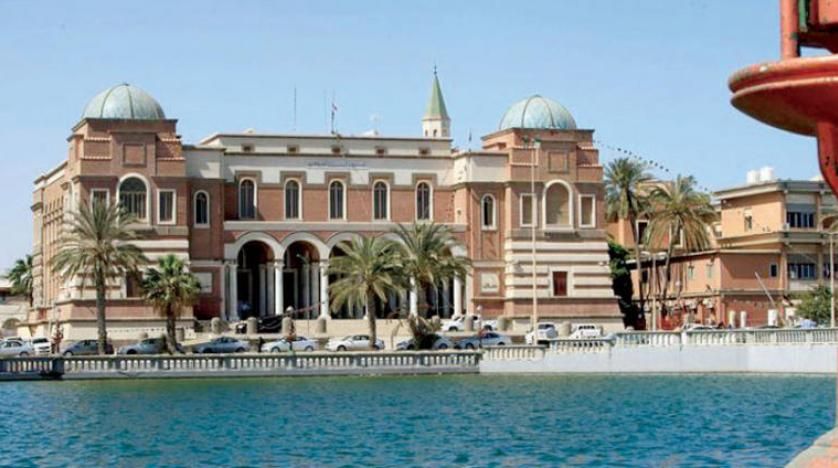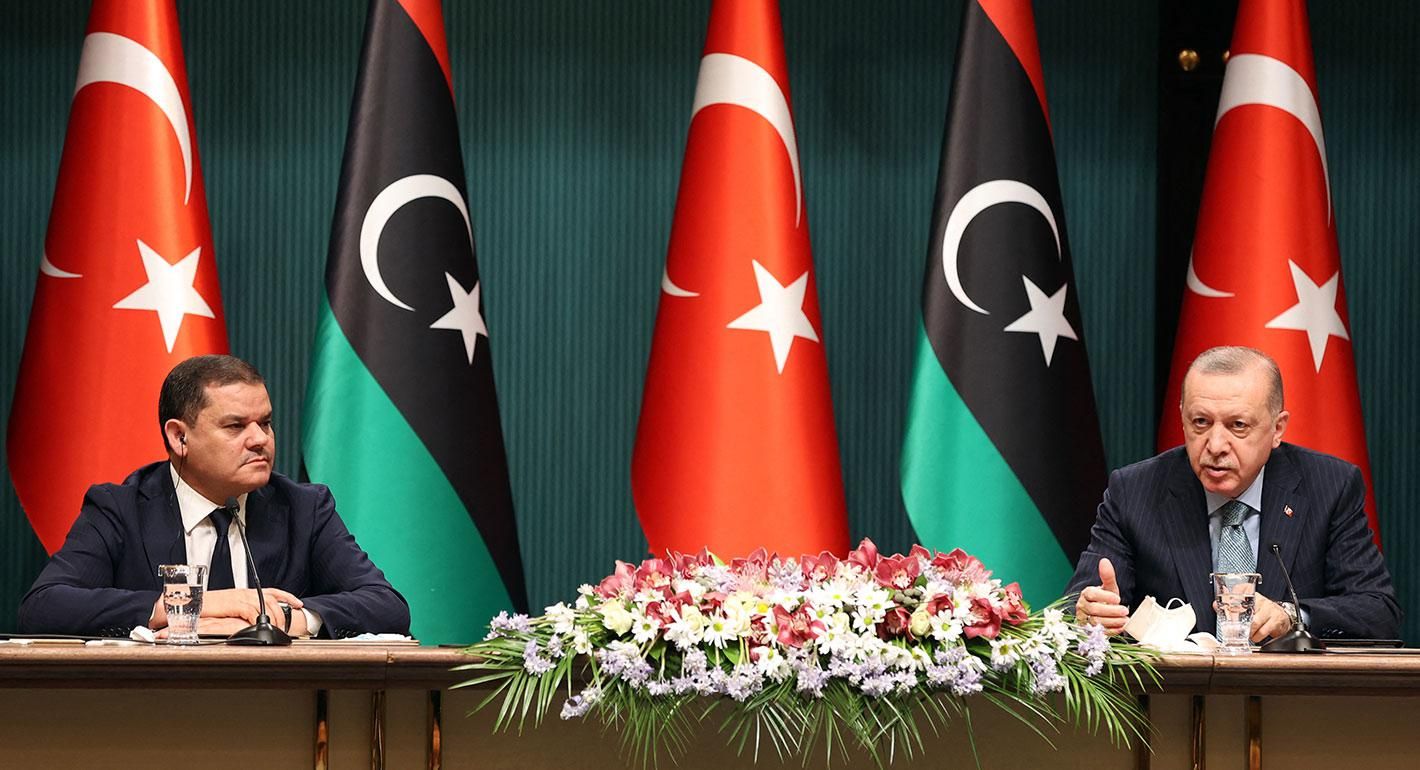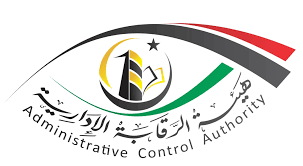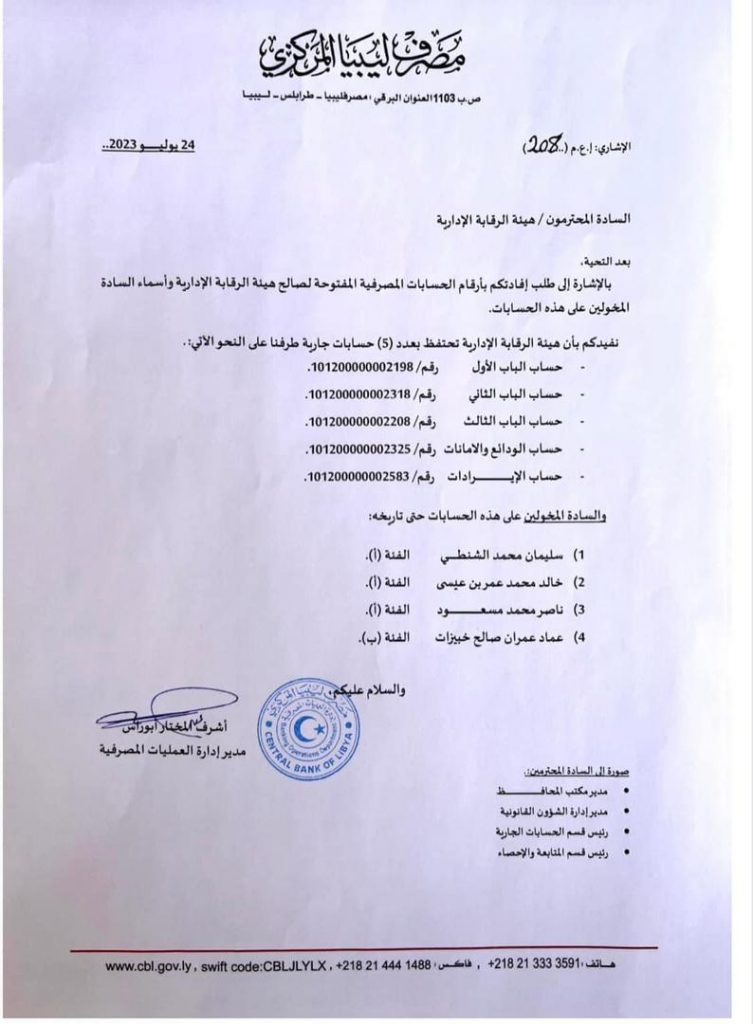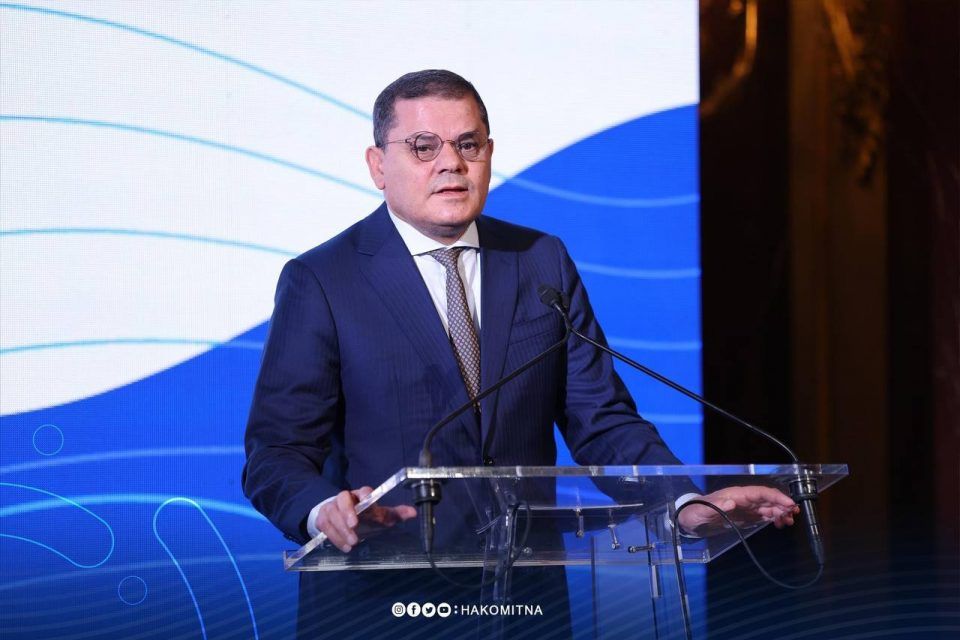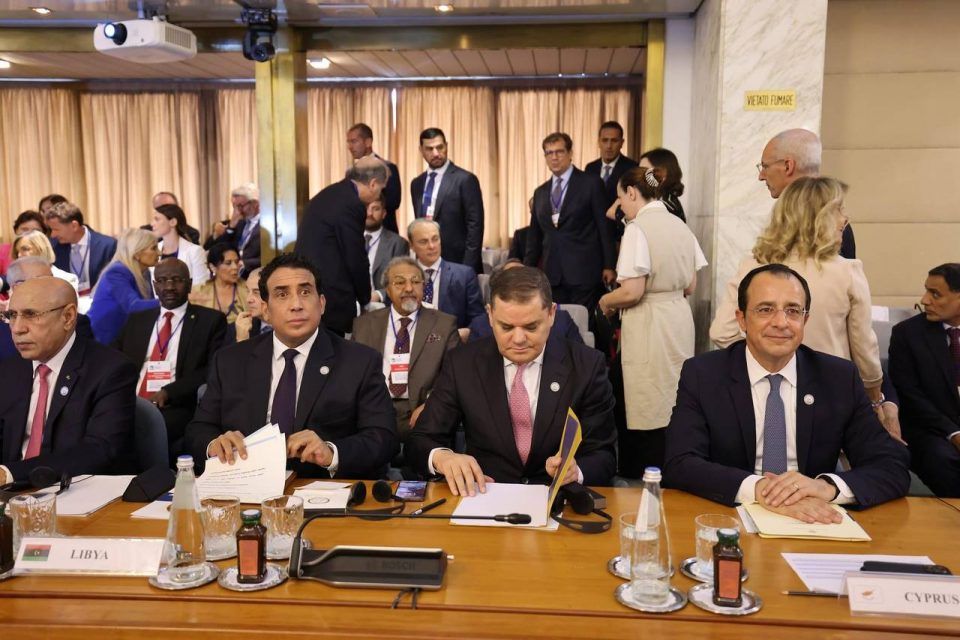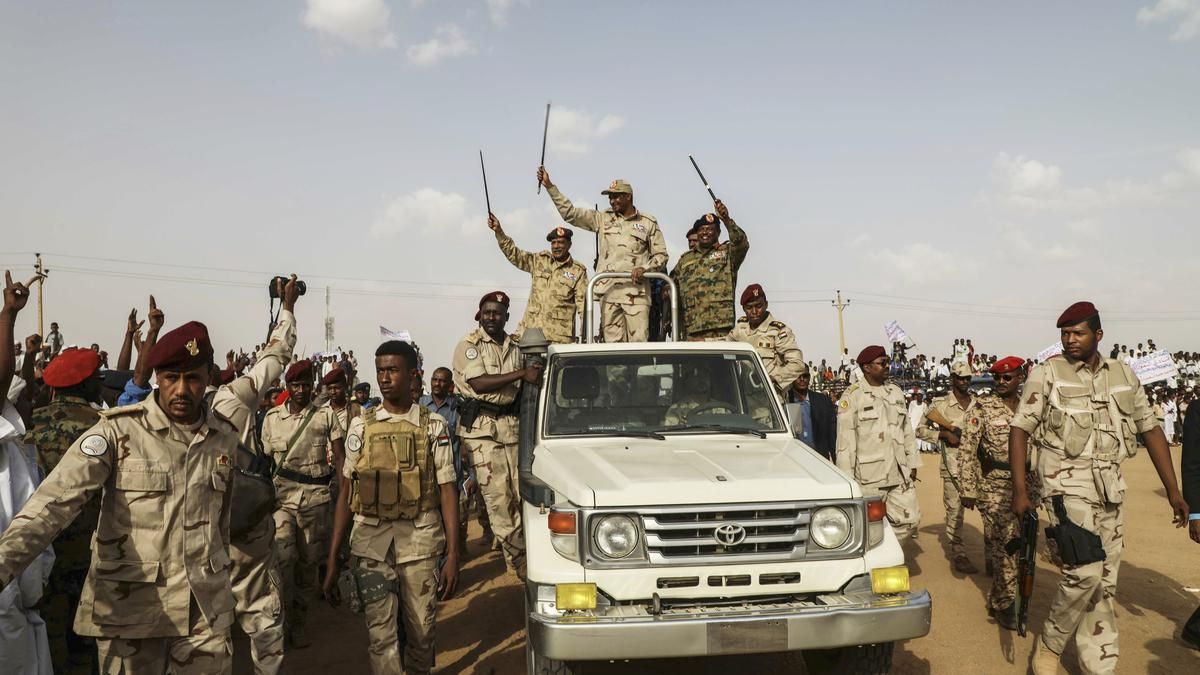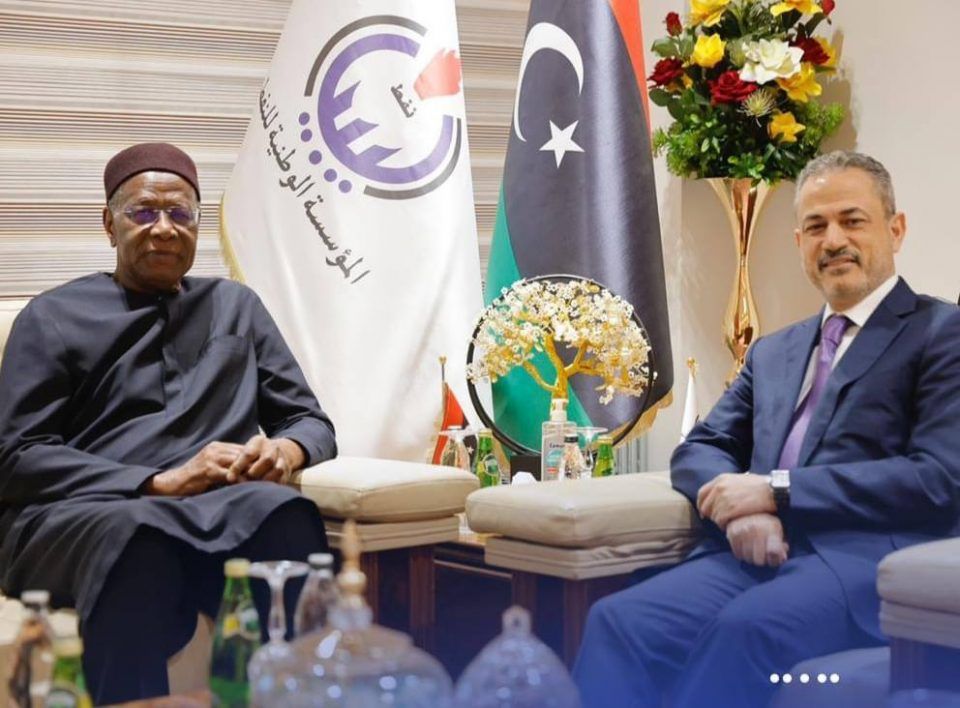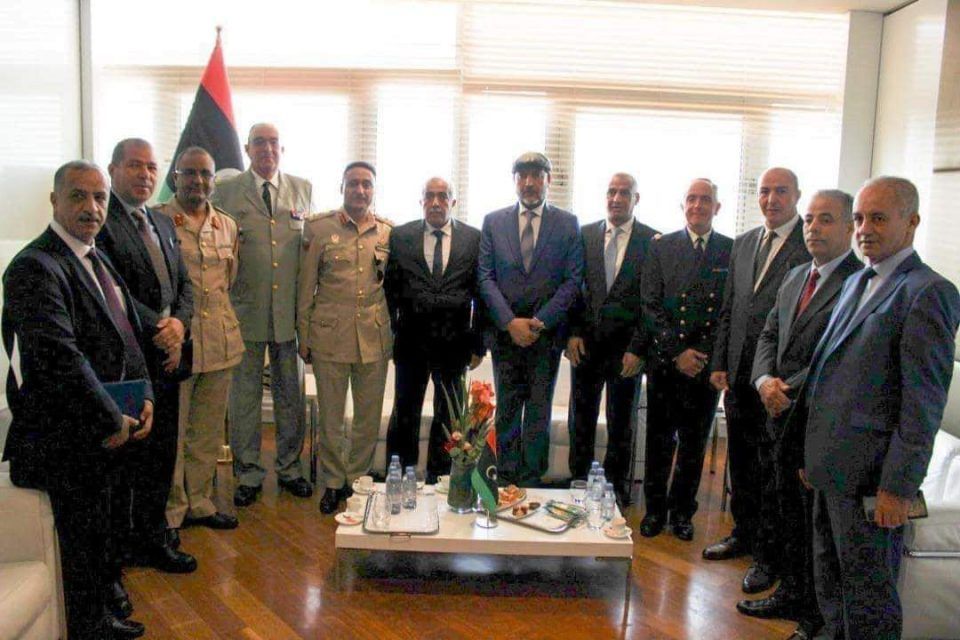A Libyan national who says he escaped summary execution by Russian Wagner Group mercenaries filed a lawsuit in a court in Washington on Tuesday naming as defendant the group’s founder — Yevgeniy Prigozhin.
The suit alleges that Wagner fighters stationed in Libya killed three members of a local family in 2019 after detaining them without explanation. The plaintiff in the case, Libyan national Mohammed Abu Ajilah Ali Anis, says he is a survivor of that alleged shooting.
According to an English-language account shared with the court, the details of which have not been verified independently, Anis said he is alive because he played dead after two Russian mercenaries killed his father, brother and brother-in-law, in what appeared to be haphazard, drunken fire with AK-47 rifles.
“Anis laid on the ground in the pools of blood of his family members” until the Wagner soldiers drove away, leaving him and another wounded family member for dead, the account says.
The civil case, enabled by a federal law that targets gross violations of human rights by individuals, is an attempt to seek accountability from Prigozhin, whose failed mutiny in Russia last month threw the country into turmoil before ending with his exile to Belarus. The lawsuit also names Khalifa Hifter, the Libyan warlord who brought the mercenary group to Libya in 2018. The law does not require the parties in the case to be U.S. citizens.
A request for comment, sent to an email account associated with Wagner and Prigozhin, did not receive a response.
Tens of thousands of Wagner mercenaries, many of them convicts freed from Russian prisons to fight for the group, played a crucial role in Russia’s war in Ukraine, particularly in the battle over the ruined city of Bakhmut, before Prigozhin withdrew them amid clashes with top Russian military figures in the run-up to his abortive mutiny. But Wagner fighters for hire also have fought all over the world, especially in Africa and the Middle East.
It remains unclear what practical impact Anbees’s lawsuit could have on Prigozhin, who has no known U.S. assets that could be seized for payment of damages. The governments of Russia and Belarus are unlikely to cooperate with the court. But Anbees’s account could draw attention to accusations of human rights violations by the Wagner Group that have piled up over years, many of them in the context of murky conflicts in which the group appears to have acted with free rein and faced few repercussions.
According to the account provided to the court, on the afternoon of Sept. 23, 2019, Anis and several male family members were driving in Espiaa, a village near Tripoli, when they were stopped by armed men, who followed them to their home.
The armed men put Anis and his family members into a refrigerated truck commandeered from a juice factory and drove for hours. The fighters, who were drinking alcohol, did not respond to questions posed in Arabic, although one demanded to know in broken English if the Libyan family had links to the extremist group known as the Islamic State.
The account says that the men could be identified as Wagner mercenaries, as they had “blue eyes” and clear military training and drove a “unique model of vehicle.” After the apparent Wagner mercenaries carried out the alleged shootings and left, Anis aided one of his brothers, who survived a gunshot to the leg, in escaping. Anis remains in Libya.
Human rights advocates hope the suit, filed Tuesday in U.S. District Court in Washington, could be the beginning of broader efforts to probe the mercenary network’s lucrative involvement in conflicts. Wagner’s actions in Libya took place years before Russia’s invasion of Ukraine led Prigozhin to publicly acknowledge his ties to the group.
Kip Hale, a lawyer specializing in atrocity crimes accountability and who served as investigation team leader of the United Nations’ Independent Fact-Finding Mission on Libya, said that airing the allegations in a court would allow facts to be vetted and established.
“That’s not to say that Wagner’s leaders and all of their fighters are going to be dragged into court,” Hale said. “But it puts pressure on them, which is very important when dealing with Russians,” referring to Russia’s well-established policy of spreading disinformation.
The lawsuit also could add to the legal pressure on Hifter, a former general and CIA asset who also has U.S. citizenship and for years has used Wagner to help wage war against a U.N.-backed Libyan government for control of the country. The group that is helping the plaintiff bring its case against Prigozhin and Hifter, the Libyan American Alliance, has brought several lawsuits against Hifter for his alleged involvement in torture and extrajudicial killings.
The cases were brought under the Torture Victim Protection Act, a 1991 law that requires a plaintiff to show that the person has exhausted local legal remedies.
“No member of the Wagner Group in Libya should feel safe or exempt from facing justice,” said Omar Tabuni, the advocacy director for the Libyan American Alliance.
Before filing Tuesday’s lawsuit, Anis had given an account of the deaths of his family members to Arabic-language media outlets. He also spoke on the condition of anonymity to a U.N.-backed fact-finding mission team that visited Libya this year and published a report finding “reasonable grounds” to believe that Wagner fighters involved in the case “committed war crimes of murder, torture and cruel treatment.”
The future of Wagner’s international operations remains unclear. U.S. intelligence documents leaked this year indicated that Wagner has conducted operations in 13 countries in Africa, although the scale of its actions varied widely. In April, Anas El Gomati, the director of the Tripoli-based Sadeq Institute think tank, told The Washington Post that the Wagner Group was “probably the most destabilizing actor now operating in Libya.”
Adapted from The Washington Post
